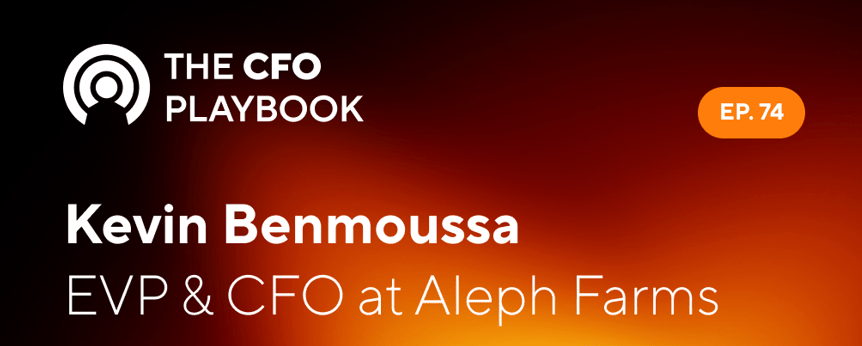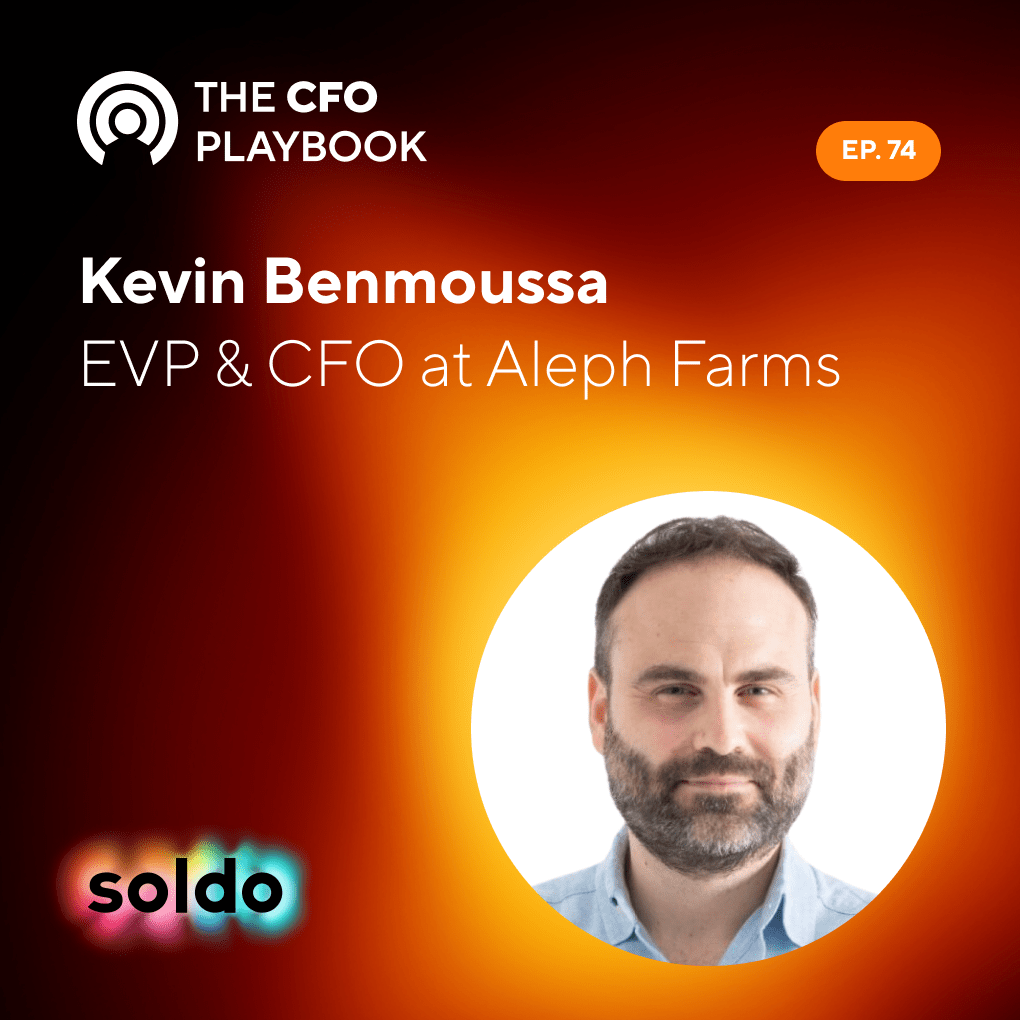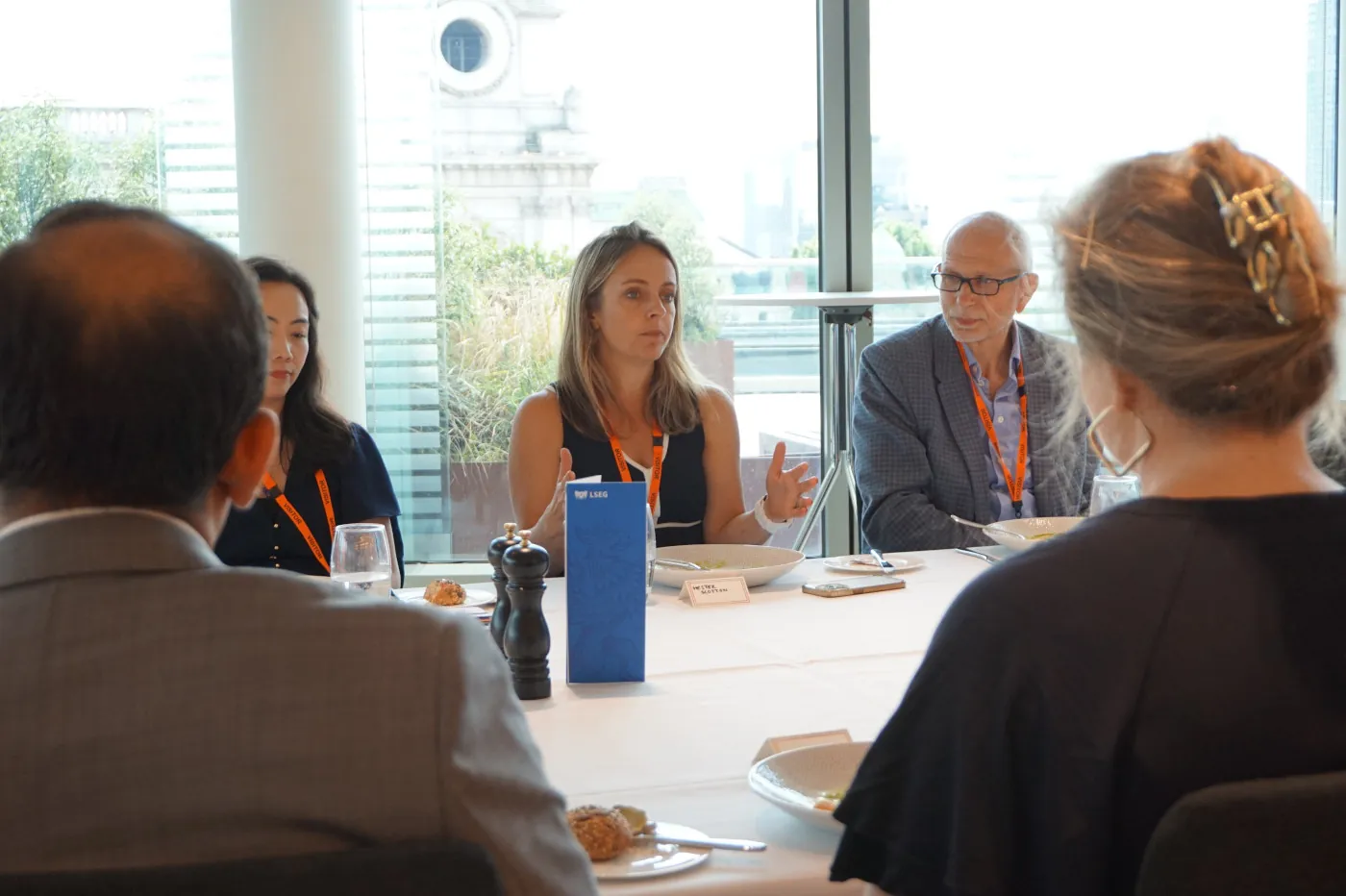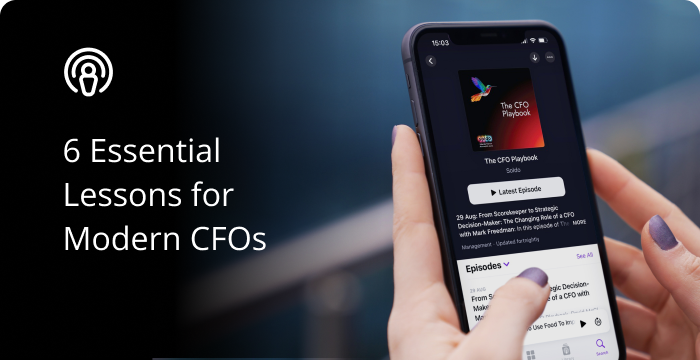This episode of the CFO Playbook features an interview with Kevin Benmoussa, EVP & CFO at Aleph Farms. We chatted with Kevin about transitioning from corporate settings to a pre-revenue startup, the importance of profitability and forecasting in growing companies, and the booming expansion of the cultivated meat industry in recent years
The evolving role of CFO
As with many of our guests, modern day CFOs tend to agree that their role is much different than what it used to be. Nowadays, finance executives are more than just numerical analysts, and work closely alongside the CEO, progressing the business and chasing the company vision.
“The CFO role has evolved dramatically over the last decade or so. As you would think before, with the CFO being the traditional bean counter and the policy maker within the company, just saying ‘no’ to things, and really focusing on accounting.
“I think this definition of CFO has really, really changed today. I view myself as part of that new generation of CFOs that are much more business focused, trying to be enablers for a business and leverage the finance function as a tool to really enable the company to achieve what it needs to achieve.”
From pre-revenue towards profitability
Some of the largest companies in the world aren’t yet profitable. While this may appear as a justification for why your company isn’t making money, Kevin argues that you should reconsider your position. Even companies with great growth potential can initially have no path towards profit.
“You want to make sure you’re growing profitably. That’s always something that has stuck with me over the years. I’ve seen great businesses, great startups, great companies that they’ve had tremendous revenue runways, tremendous growth, but at no real path to profit. And we’ve seen a lot of those cases, especially the last year or two, where we’ve seen a company fail because of that, right?”
Remaining positive at all times
Kevin aspires to always lead his team with a positive outlook. That’s not to say he’s blindly optimistic, but rather takes an approach that hopes for the best outcome and is ready to maneuver to avoid unforeseen obstacles when necessary.
“I want to always stay optimistic, but I say cautiously optimistic, right? Which is, I want to make sure I look at things in the most optimal way possible, and ready to spend, and ready to support the growth of the company as best as I can.
“At the same time, making sure I keep some flexibility to adjust and course correct if need be throughout the year, depending on the situation. I think this is crucial and every CFO in every company, whether very large or very small, has to be prepared to do that today.”
Expand your working knowledge
It’s not only important to lend others a helping hand, but beneficial for individual growth. Surrounding yourself with likeminded co-workers and collaborating on work can afford you new learning opportunities as well as improving the company you work for.
“Don’t constrain yourself to your specific job description. And what that means is to always go beyond what you’re supposed to do and really understand what’s around you, understand the context, and see how you can help others in what they do, even though it doesn’t necessarily impact what you’re doing today.
“Because, that’s how you’re gonna become the most effective, and that’s how you’re gonna bring the most value to the organization as a whole.”
Like what you hear? Subscribe to the podcast!











